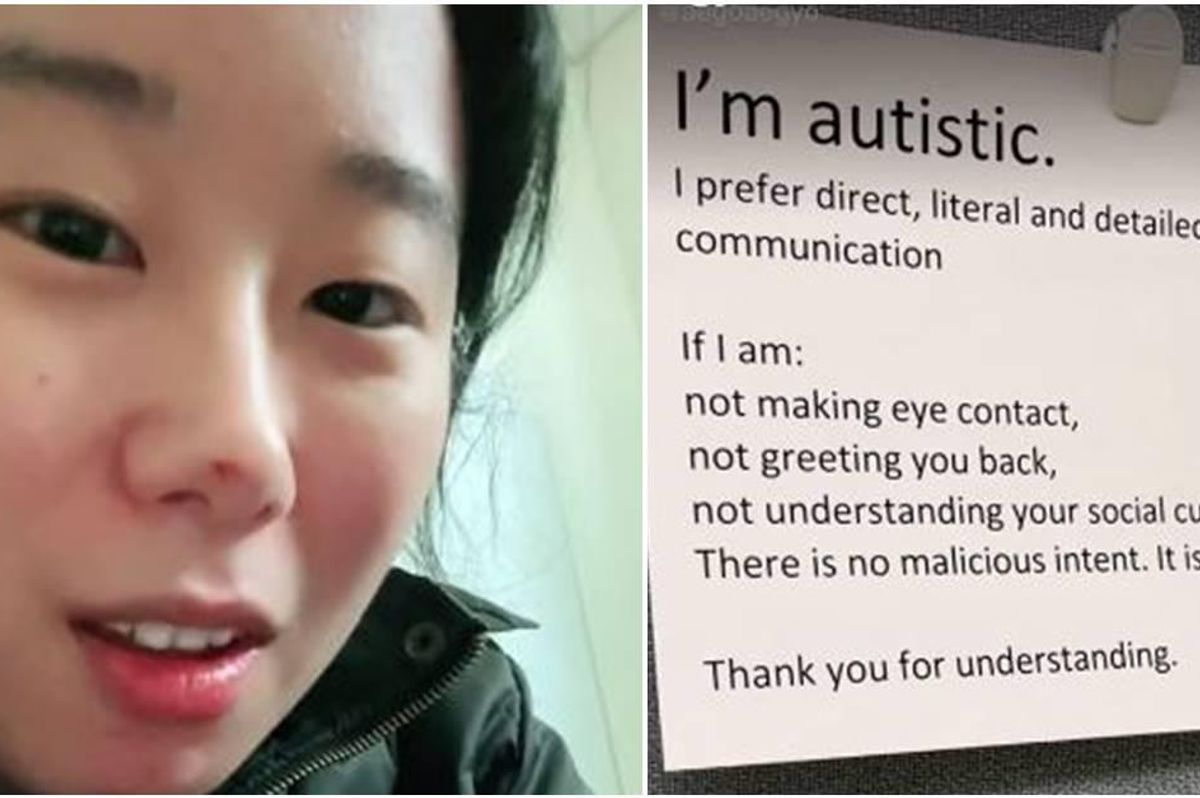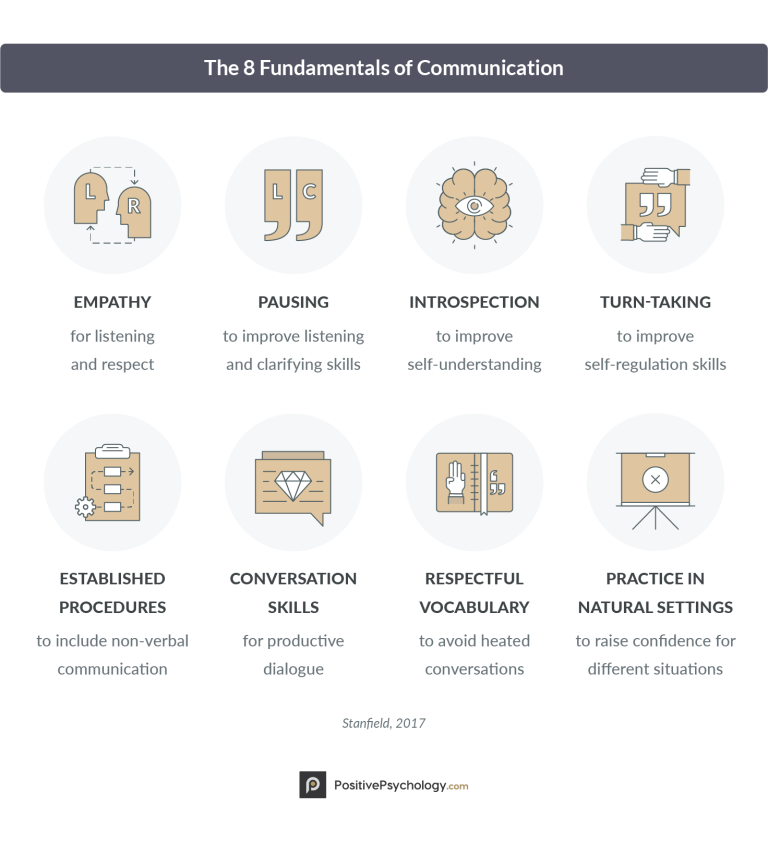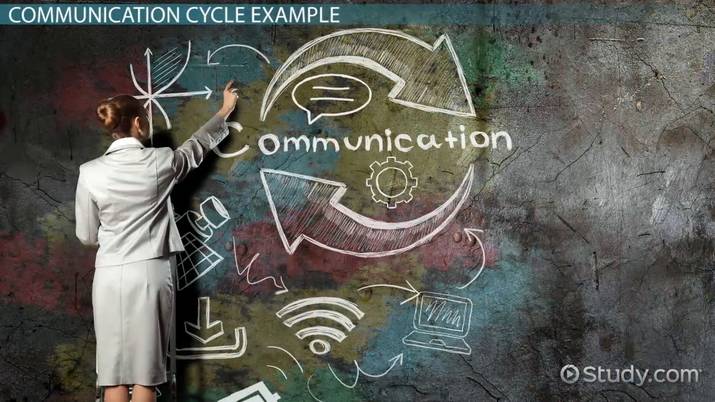Why am I Bad at Communication
You might be bad at communication due to factors such as poor self-esteem or a lack of confidence, which can negatively impact your social abilities. It is beneficial to talk to a mental health professional in such cases.
Additionally, common communication problems often stem from poor grammar, punctuation, and spelling, leading to avoidable misunderstandings that can hamper team communication in the workplace. By addressing these issues, you can improve your communication skills and enhance your relationships and professional success.

Credit: www.alamy.com
Factors Affecting Communication Skills
Struggling with communication can be influenced by factors such as poor self-esteem or a lack of confidence, which can negatively impact social abilities. It may be helpful to seek guidance from a mental health professional to address and improve these areas.
Lack of Confidence and Self-Esteem:
- People with low self-confidence often struggle with communication as they doubt their abilities and fear judgment from others.
- Individuals with low self-esteem may feel unworthy of expressing their thoughts and opinions, leading to difficulties in effective communication.
- Lack of confidence and self-esteem can hinder assertiveness and prevent individuals from expressing themselves clearly and openly.
Communication Apprehension:
- Communication apprehension refers to the fear or anxiety experienced when engaging in verbal or nonverbal communication.
- People who suffer from communication apprehension may avoid social interactions or public speaking opportunities, limiting their ability to communicate effectively.
- This fear can stem from a fear of being judged, criticized, or rejected by others.
Fear of Rejection:
- Fear of rejection can have a significant impact on communication skills, causing individuals to hold back from expressing their thoughts, ideas, and emotions.
- This fear stems from a desire to avoid negative responses or conflicts, resulting in ineffective communication and missed opportunities for connection and understanding.
- Overcoming the fear of rejection is essential for improving communication skills and building healthy relationships.
Factors such as lack of confidence and self-esteem, communication apprehension, and fear of rejection can greatly affect an individual’s communication skills. By addressing these issues and seeking support from professionals, individuals can enhance their ability to express themselves confidently and effectively in various social settings.
Impact Of Poor Communication Skills
Struggling with communication can be due to factors like low self-esteem or lack of confidence, which negatively affect social abilities. Seeking support from a mental health professional can be beneficial in addressing these challenges. Poor grammar, punctuation, and spelling can also contribute to misunderstandings that hinder effective team communication in the workplace.
Strained Relationships:
- Struggling with communication can strain relationships with friends, family, colleagues, and romantic partners.
- Lack of clarity and misunderstandings can lead to conflict and frustration.
- Poor communication skills can make it challenging to express emotions, needs, and expectations effectively.
- It may cause others to feel unheard or ignored, leading to feelings of resentment and distance.
Missed Opportunities:
- Weak communication skills can result in missed opportunities in both personal and professional life.
- Ineffective communication can hinder career growth and promotions.
- It may lead to missed job prospects and networking opportunities.
- In personal life, it can prevent meaningful connections and limit social interactions.
Professional Limitations:
- Poor communication skills can limit professional growth and success.
- It can negatively impact teamwork and collaboration within a work environment.
- Ineffective communication can lead to misunderstandings, errors, and delays in completing tasks.
- It may hinder the ability to convey ideas, negotiate, and influence others.
Struggling with communication can have a significant impact on various aspects of life. It can strain relationships, lead to missed opportunities, and impose professional limitations. It is important to recognize the significance of communication skills and work towards improving them.
By enhancing communication abilities, one can foster stronger relationships, seize opportunities, and unlock greater professional potential.
Improving Communication Skills
Struggling with communication can be influenced by various factors such as low self-esteem or lack of confidence, which can negatively impact social abilities. Seeking guidance from a mental health professional can be beneficial to improve communication skills.
Active Listening Techniques:
- Maintain eye contact to show your attention and interest.
- Avoid interruptions to allow the speaker to express themselves fully.
- Use paraphrasing to demonstrate understanding and encourage further discussion.
Developing Nonverbal Communication Skills:
- Be aware of your body language and use it to convey openness and engagement.
- Pay attention to your facial expressions to ensure they align with your intended message.
- Use appropriate tone of voice to convey emotions and intentions effectively.
Effective Written Communication:
- Practice clarity and conciseness in your writing to ensure your message is easily understood.
- Take the time to proofread and edit your written communication for grammar and spelling errors.
- Use appropriate language for your audience and the context of your communication.
Improving communication skills is essential for personal and professional growth. By implementing active listening techniques, developing nonverbal communication skills, and focusing on effective written communication, you can enhance your ability to convey and understand messages. These skills will help you build stronger relationships, resolve conflicts, and foster better collaboration with others.
Frequently Asked Questions On Why Am I Bad At Communication
Why Do I Struggle With Communication?
Struggling with communication can be influenced by various factors. In some cases, low self-esteem or a lack of confidence can negatively affect social abilities. It can be beneficial to seek guidance from a mental health professional to address these issues.
Poor grammar, punctuation, and spelling can also contribute to communication problems, leading to unnecessary misunderstandings that can hinder effective team communication. Improving language skills can help alleviate these issues. Additionally, inadequate listening and comprehension skills can contribute to communication difficulties.
Enhancing active listening techniques and seeking clarification when necessary can improve overall communication abilities. Building strong interpersonal skills is also essential for effective communication. Regular practice and self-awareness can help individuals overcome communication obstacles and improve their ability to connect and convey their thoughts and ideas effectively.
Why Do I Have Lack Of Communication Skills?
Poor communication skills can be attributed to various factors, including low self-esteem or a lack of confidence. These personal characteristics can negatively impact social abilities, making it difficult to effectively communicate with others. It is important to recognize that communication skills can be developed and improved upon with practice and guidance.
Additionally, another common cause of poor communication skills is a lack of grammar, punctuation, and spelling proficiency. These linguistic errors can lead to misunderstandings and hinder effective communication within teams and workplace environments. To overcome these challenges, seeking guidance from a mental health professional or participating in communication training programs can be beneficial.
With the right support and dedication, individuals can enhance their communication skills and build stronger connections with others.
How Do You Fix Poor Communication Skills?
To fix poor communication skills, start by practicing active listening. Make a conscious effort to fully concentrate on what others are saying, rather than thinking about your response. It’s also important to improve your nonverbal communication skills. Pay attention to your body language, facial expressions, and tone of voice to ensure your message is clear.
Additionally, work on your written communication skills by checking for grammar and spelling errors before sending emails or written messages. Practice expressing your thoughts and ideas clearly and concisely. Finally, seek feedback from others and be open to constructive criticism.
Reflect on areas for improvement and take steps to address them. Remember, effective communication is a skill that can be developed with practice and dedication.
What Makes A Person A Bad Communicator?
Poor self-esteem and lack of confidence can contribute to bad communication skills. These factors negatively impact social abilities. If you struggle with communication, seeking help from a mental health professional can be beneficial. In addition, poor grammar, punctuation, and spelling can lead to misunderstandings that hinder effective communication.
These common communication problems can occur in workplaces and teams. It is important to pay attention to these details to improve overall communication skills. By addressing these issues, you can become a more effective communicator.
Conclusion
To improve your communication skills, it’s crucial to identify the underlying factors that contribute to poor communication. Self-esteem and confidence play a significant role in our ability to engage in effective conversations. Seeking guidance from a mental health professional can help address these issues and improve social abilities.
Another common cause of communication difficulties is poor grammar, punctuation, and spelling. These seemingly minor mistakes can lead to misunderstandings and hinder team communication in the workplace. By paying attention to these details and improving your language skills, you can enhance your overall communication proficiency.
Furthermore, being aware of nonverbal cues, actively listening, and practicing good writing and interpersonal communication skills are essential for effective communication. Developing these skills takes time and effort, but they can significantly impact your ability to connect with others and convey your thoughts clearly.
Remember, effective communication is a skill that can be learned and improved over time. By recognizing the areas where you struggle and implementing strategies to address them, you can become a more effective communicator and develop meaningful relationships both personally and professionally.




